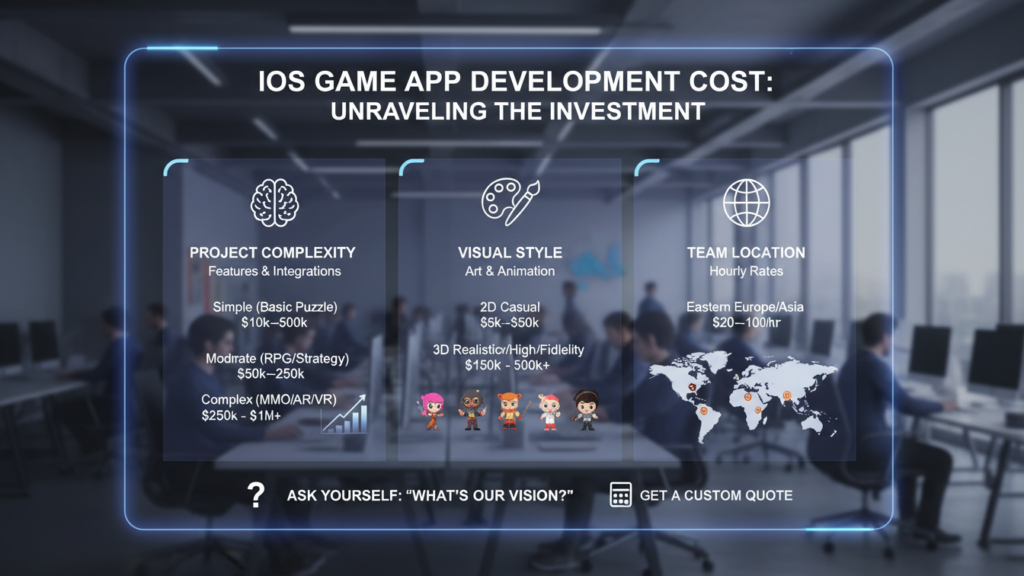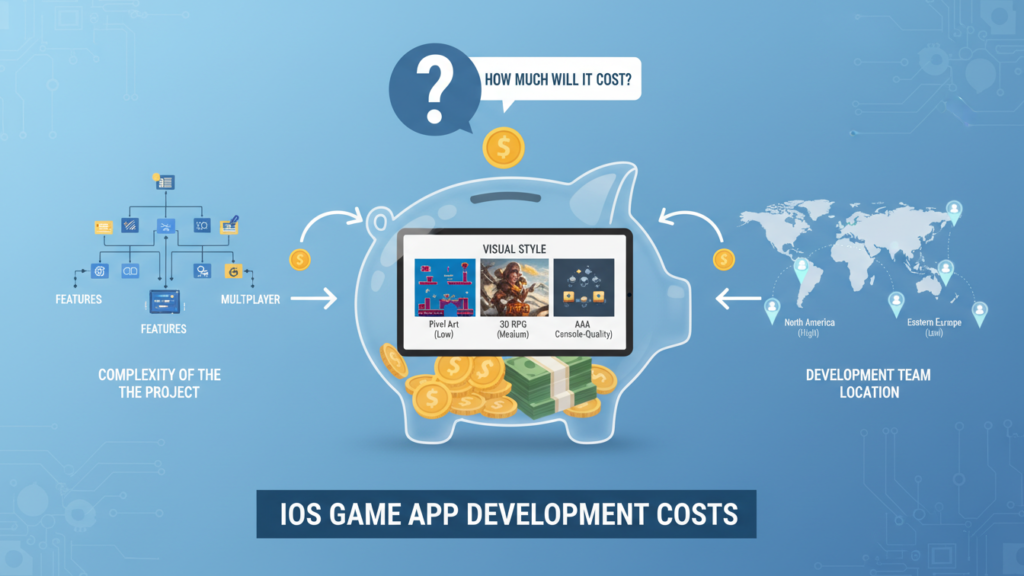Facebook (FB)
Facebook is one of the world’s largest social media platforms and has also become a major player in the app development industry. The company’s flagship product, Facebook Messenger, has become a ubiquitous part of modern communication, with over 1.3 billion monthly active users as of 2021.
Facebook’s approach to app development is unique in that it focuses on social connectivity and engagement.

The company’s app ecosystem is highly integrated with its social media platform, allowing users to easily share content, connect with friends and family, and participate in online communities.
Despite its strengths, Facebook has faced criticism for its handling of user data and privacy concerns. The company’s dominance in the social media space has also raised concerns about anticompetitive practices. However, Facebook’s focus on social connectivity and engagement has allowed it to maintain a strong position in the app development industry and consistently high levels of revenue.
Samsung (SSNLF)
Samsung is one of the world’s largest electronics manufacturers and has also become a major player in the app development industry. The company’s flagship product, the Samsung Galaxy line of smartphones, has become synonymous with Android app development.
Samsung’s approach to app development is unique in that it focuses on innovation and user experience.
The company’s app ecosystem is highly integrated with its smartphones, allowing users to easily access and download apps from the Google Play Store. Samsung has also developed its own proprietary apps, such as the Samsung Health app and the Samsung Notes app, which are designed to enhance the user experience.
Despite its strengths, Samsung has faced criticism for its closed-off approach to app development on its own platforms. The company’s focus on innovation has led to a lack of competition in some areas, and its dominance in the electronics space has raised concerns about anticompetitive practices. However, Samsung’s focus on user experience and innovation has allowed it to maintain a strong position in the app development industry and consistently high levels of revenue.
Tencent (TCEHY)
Tencent is one of the world’s largest technology companies and has also become a major player in the app development industry. The company’s flagship product, WeChat, is one of the most popular social media platforms in China and has become a ubiquitous part of modern communication.
Tencent’s approach to app development is unique in that it focuses on social connectivity and engagement in the Chinese market.
The company’s app ecosystem is highly integrated with its social media platform, allowing users to easily share content, connect with friends and family, and participate in online communities.
Despite its strengths, Tencent has faced criticism for its handling of user data and privacy concerns, particularly in light of the Chinese government’s strict regulations on technology companies. The company’s dominance in the social media space in China has also raised concerns about anticompetitive practices. However, Tencent’s focus on social connectivity and engagement has allowed it to maintain a strong position in the app development industry and consistently high levels of revenue in the Chinese market.
Microsoft (MSFT)
Microsoft is one of the world’s largest software companies and has also become a major player in the app development industry, particularly in the enterprise space. The company’s flagship product, Microsoft Office, is one of the most widely used productivity suites in the world, and its focus on enterprise has allowed Microsoft to tap into the lucrative business market.
Microsoft’s approach to app development is unique in that it focuses on enterprise applications and productivity tools.
The company’s Office suite of productivity tools (Word, Excel, PowerPoint, etc.) is one of the most widely used software suites in the world, and its focus on enterprise has allowed Microsoft to tap into the lucrative business market.
Despite its strengths, Microsoft has faced criticism for its lack of innovation in some areas, particularly in the consumer space. The company’s dominance in the productivity suite space has also raised concerns about anticompetitive practices. However, Microsoft’s focus on enterprise and productivity tools has allowed it to maintain a strong position in the app development industry and consistently high levels of revenue.
Google (GOOGL)
Google is one of the world’s largest technology companies and has also become a major player in the app development industry, particularly in the Android ecosystem. The company’s flagship product, the Google Play Store, is the largest app store in the world and allows users to download and purchase apps for their Android devices.
Google’s approach to app development is unique in that it focuses on innovation and user experience.
The company’s app ecosystem is highly integrated with its Android operating system, allowing users to easily access and download apps from the Google Play Store.
Despite its strengths, Google has faced criticism for its handling of user data and privacy concerns, particularly in light of the European Union’s General Data Protection Regulation (GDPR) and the ongoing antitrust investigations into the company. The company’s dominance in the Android ecosystem has also raised concerns about anticompetitive practices. However, Google’s focus on innovation and user experience has allowed it to maintain a strong position in the app development industry and consistently high levels of revenue in the mobile market.
In conclusion, these eight companies have become major players in the app development industry through their unique approaches to innovation, user experience, and enterprise applications. While they face criticism for various reasons, their focus on these areas has allowed them to maintain a strong position in the industry and consistently high levels of revenue.



